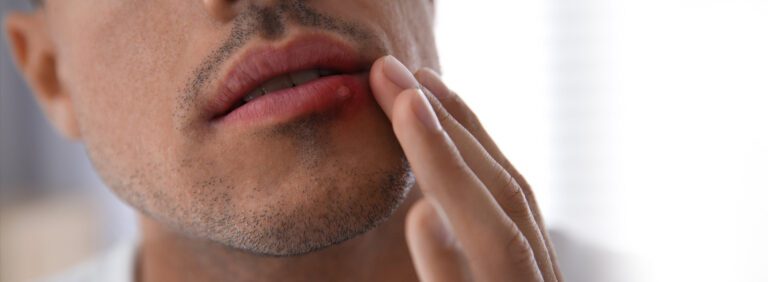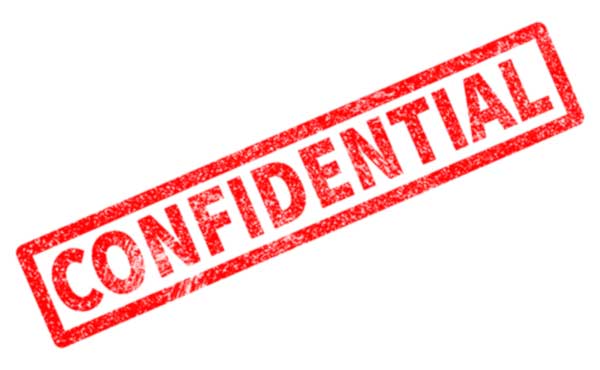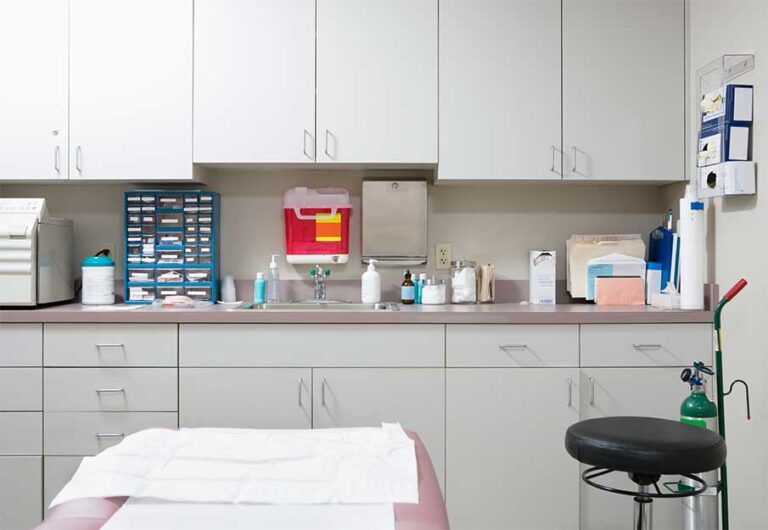Can You Get STDs from Saliva? Debunking Myths Around Kissing
Kissing is often regarded as a simple act of affection, a gesture of love, or a means of connecting with someone. But there’s one question that has lingered in many people’s minds: Can you get STDs from saliva? It might sound surprising to some, but it’s a valid concern when discussing the transmission of sexually transmitted diseases (STDs). The idea that a kiss could potentially spread an STD leads many people to wonder just how much risk is involved.
In this article, we’ll explore the myths surrounding kissing and STDs, break down how much saliva is needed to transmit an STD, and clarify whether you should be worried the next time you kiss someone. Additionally, we’ll provide tips on how to protect yourself and when to consider STD testing, specifically in Jacksonville, if you have concerns. Let’s dive into the facts.
Understanding STDs: What Are They?
Before we dive into the specifics of STDs from saliva, it’s important to understand what STDs are. Sexually transmitted diseases (STDs), also known as sexually transmitted infections (STIs), are infections that spread primarily through sexual contact. These can be viral, bacterial, or parasitic in nature. Some common STDs include:
- Chlamydia
- Gonorrhea
- Syphilis
- Herpes (HSV)
- HIV/AIDS
- HPV (Human Papillomavirus)
Each of these infections has its own method of transmission, and not all can be transmitted through saliva. However, some can be, which is where the confusion often arises. Understanding the type of STD and how it spreads can help clarify whether saliva is a potential carrier.
Also Learn About: The Role of Meditation and Stress Management in STD Management
Can You Get STDs from Saliva? The Truth About Kissing
So, can you get STDs from saliva? The simple answer is that while the risk is relatively low compared to other methods of transmission, it is possible. Certain STDs are transmitted through bodily fluids, and saliva is one of those fluids. However, the chances of contracting an STD from a kiss depend on several factors.
Types of STDs That Can Be Spread Through Saliva
1. Herpes Simplex Virus (HSV)
- HSV-1, commonly known as oral herpes, is one of the most common STDs spread through saliva. It is typically spread through kissing, especially if one person has an active cold sore. Even without visible sores, the virus can still be transmitted through saliva.
- HSV-2, which is usually associated with genital herpes, can also be transmitted through oral sex, but it’s less likely to spread through a simple kiss.
2. Mononucleosis (Mono)
- Often called the “kissing disease,” mono is caused by the Epstein-Barr virus (EBV). It’s most commonly spread through saliva, which is why kissing is one of the most common ways to get infected. Although mono is not typically classified as an STD, it’s transmitted via saliva, making it relevant when discussing kissing and fluid exchange.
3. Cytomegalovirus (CMV)
- CMV is a virus that belongs to the herpes family. It can be passed through saliva, but like other herpes viruses, the risk of transmission is higher if there are open sores or cuts in the mouth.
4. HIV (Human Immunodeficiency Virus)
- While HIV can be found in saliva, it is present in such low concentrations that the virus cannot be transmitted through kissing. HIV transmission primarily occurs through blood, semen, vaginal fluids, or breast milk. However, if both partners have open sores in their mouths or bleeding gums, the risk, though minimal, could increase.
Learn About: Why Are STD Rates Rising Among Seniors?
STDs That Saliva does Not transmit
- Chlamydia and Gonorrhea: These bacterial infections are typically spread through vaginal, anal, or oral sex, but they are not transmitted through kissing or saliva.
- Syphilis: This STD is most commonly spread through direct contact with a syphilis sore. While rare, syphilis can be transmitted if there’s an active sore in or around the mouth, but it’s not typically passed through saliva.
- Hepatitis B and Hepatitis C: These viruses are primarily spread through blood, not saliva. Hepatitis B can be transmitted through sexual contact, while Hepatitis C is mostly spread through sharing needles.
How Much Saliva is Needed to Transmit an STD?
One of the most common questions surrounding saliva and STDs is, “How much saliva is needed to transmit an STD?” The answer depends on several factors, including the type of STD and the presence of other conditions like open sores or cuts in the mouth. Here’s a breakdown:
- Amount of Virus: Some STDs, like herpes and mono, can be spread even with minimal exposure to infected saliva. A tiny amount of saliva containing the virus can be enough for transmission, especially if someone has an active outbreak or symptoms.
- Presence of Sores: If there are open sores or cuts in the mouth, the chances of getting an STD from saliva increase. These sores provide a direct pathway for the virus to enter the body.
- The Type of STD: Some STDs, like herpes, can spread with little saliva involved, while others require a more substantial fluid exchange. For instance, HIV is not transmitted through casual kissing, but other conditions like mono can be spread with minimal saliva exposure.
In short, the amount of saliva required to transmit an STD depends on the virus or infection involved. The more direct the contact with infected bodily fluids (such as blood or semen), the higher the risk.
How to Protect Yourself When Kissing
Although the risks of contracting an STD from kissing are relatively low, it’s still important to be cautious, especially if you or your partner have any of the conditions discussed earlier. Here are some tips to help reduce the risk of STDs from saliva:
1. Avoid Kissing When You Have Open Sores or Cuts
If you have any sores or cuts in your mouth, it’s best to avoid kissing until they heal. These can provide an easy pathway for bacteria and viruses to enter your body.
2. Get Tested Regularly
If you are sexually active or frequently engage in kissing with multiple partners, regular STD testing is essential. If you live in Jacksonville, Hope Across The Globe offers STD testing services to help you stay on top of your sexual health. Regular testing can help identify potential infections early and reduce the risk of transmission.
3. Be Mindful of Cold Sores
Cold sores are a common symptom of herpes simplex virus type 1 (HSV-1). If you or your partner has cold sores, it’s best to avoid kissing until the sores have healed, as the virus is most contagious during this time.
4. Communicate with Your Partner
Open communication with your partner about any potential symptoms or concerns is key to maintaining a healthy relationship. It’s important to be aware of each other’s health status, particularly when it comes to STDs.
When Should You Get Tested for STDs?
If you’re concerned about potential exposure to STDs through kissing or other activities, it’s always best to get tested. While kissing carries a low risk, it’s still possible to contract certain viruses. If you’re experiencing symptoms or have any doubts about your sexual health, testing is a wise decision.
In Jacksonville, Hope Across The Globe provides confidential STD testing services. Whether you’ve had unprotected sex, are showing symptoms, or want to be proactive about your health, getting tested regularly can provide peace of mind and ensure you’re taking the necessary steps to protect yourself and your partners.
Conclusion: Stay Informed and Protected
Kissing is a beautiful way to connect with someone, but like all forms of physical contact, it comes with some level of risk when it comes to STDs. While the chances of getting an STD from saliva are relatively low, it is still possible, especially with certain infections like herpes or mononucleosis. The key to reducing your risk is understanding how different STDs are transmitted, being mindful of your health, and getting tested regularly.
If you’re in Jacksonville, consider getting tested at Hope Across The Globe to stay on top of your sexual health. Taking care of yourself is the first step in protecting both you and your partners from STDs. Stay informed, communicate openly, and remember that regular testing is the best way to ensure you stay healthy.
By understanding the facts and debunking myths, you can confidently enjoy your relationships without unnecessary worry.
Related Tag: Free STD Testing Jacksonville






